Understanding Traditional Music Royalties
Before diving into blockchain’s impact, it’s important to understand how traditional music royalties work. When a song is created and distributed, several parties are involved in the revenue sharing:
- Performers and Songwriters: The creators of the song.
- Record Labels: The companies that produce and promote the music.
- Distributors: Platforms that make the music available to the public (Spotify, Apple Music, etc.).
- Publishing Companies: These ensure songwriters and composers get paid when their work is used.
All these middlemen take a percentage of the revenue, which reduces what the artist takes home. This process is slow, and tracking royalties across different platforms can be inefficient, often resulting in artists receiving delayed or inaccurate payments.
How Blockchain Music Royalties Change the Game
Blockchain provides a transparent and decentralized solution for managing music royalties. Through blockchain, music rights and payments are recorded on a distributed ledger. Here are some key ways blockchain is making a difference:
Transparency in Payments
Blockchain’s ledger system allows all parties involved in the music distribution process to have visibility into how royalties are divided. This transparency helps reduce conflicts and misunderstandings over how much an artist should be paid.
Elimination of Middlemen
With blockchain, artists can distribute their music directly to their audience without needing intermediaries like record labels and distributors. This allows them to retain a larger portion of the earnings, leading to better artist compensation.
Automated Payments via Smart Contracts
Smart contracts, a core feature of blockchain, automate payments to artists. Once predefined conditions (like the number of streams or downloads) are met, the contract automatically sends payments to the artist. This eliminates delays in royalty distribution and ensures artists are paid in real time.
Global Reach Without Additional Costs
Blockchain operates without geographical limitations, meaning artists can distribute their music globally without incurring extra fees from international payments or currency conversions.
Music NFTs: A New Avenue for Artist Compensation
Music NFTs (non-fungible tokens) are another exciting aspect of blockchain music royalties. NFTs allow artists to sell unique digital assets, such as albums, singles, or concert experiences, directly to fans. Here’s how music NFTs benefit artist compensation:
- Ownership and Control: NFTs provide artists with complete control over their music. They can set terms for resale, ensuring they continue to earn from secondary market sales.
- Increased Fan Engagement: Fans can buy limited-edition music or exclusive content through NFTs, creating a direct relationship between artists and their audience.
- Royalties on Resales: Through smart contracts, artists can earn a percentage of every resale of their NFTs. This means even after the initial sale, they continue to generate income from their work.
Let’s take a look at a comparison between traditional music distribution and blockchain music royalties:
Aspect | Traditional Music Royalties | Blockchain Music Royalties |
Payment Speed | Delayed by weeks or months | Instant through smart contracts |
Middlemen Involvement | Multiple intermediaries (labels, distributors) | Direct connection between artists and fans |
Transparency | Often unclear how royalties are divided | Fully transparent with a public ledger |
Global Distribution Costs | High, especially for international sales | Minimal due to blockchain’s global nature |
Revenue from Resales | None | Artists earn royalties on NFT resales |
Digital Rights Management and Blockchain
Another area where blockchain impacts the music industry is in digital rights management (DRM). Traditionally, tracking music rights and enforcing ownership has been a complex task. Blockchain simplifies this process by ensuring that ownership records are immutable and transparent.
For instance, when a song is added to the blockchain, a unique digital signature is attached to it. This signature is linked to the original creator or rights holder. Every time the song is used, streamed, or sold, blockchain tracks the transaction, ensuring that the creator is properly compensated. Here’s how blockchain strengthens digital rights:
- Immutable Records: Once a song is recorded on the blockchain, the record cannot be altered. This provides clear proof of ownership.
- Automated Licensing: Smart contracts can automate the licensing process. If someone wants to use a song in a commercial, the contract can automatically charge the appropriate fee and distribute the funds to the artist.
- Preventing Copyright Infringement: Blockchain helps to prevent unauthorized use of music by ensuring that only legitimate transactions are recorded on the ledger.
Real-World Examples of Blockchain in Music
Several platforms have already begun using blockchain to transform music royalties and artist compensation. Here are some notable examples:
- Audius
Audius allows artists to upload their music and receive payment directly by their fans through the platform’s cryptocurrency, Audio. It cuts out the need for traditional streaming platforms and middlemen.
- Royal
Royal is a platform that allows artists to sell music rights directly to fans using blockchain technology. Fans can purchase a share in an artist’s song and earn royalties alongside the artist whenever the song is played.
- Opulous
Opulous is a blockchain-based platform that enables musicians to create NFTs and raise funds through tokenized assets. Musicians can secure loans against their music royalties, providing them with more financial flexibility.
Challenges of Adopting Blockchain in Music
While blockchain music royalties and artist compensation hold great potential, there are some challenges to consider:
- Technical Barriers
Many artists may not have the technical knowledge to engage with blockchain platforms. The learning curve can be steep for musicians unfamiliar with cryptocurrency and smart contracts.
- Regulatory Concerns
As with many aspects of cryptocurrency, blockchain in music is still a largely unregulated space. This creates uncertainty, especially concerning tax laws and intellectual property rights.
- Adoption by Mainstream Platforms
Major streaming platforms like Spotify and Apple Music have yet to fully integrate blockchain technology. Until they do, artists who rely on these platforms may not see the full benefits of blockchain-based royalties.
The Future of Blockchain Music Royalties
Despite the challenges, the future of blockchain in music looks promising. As more artists and platforms adopt blockchain, we can expect to see significant improvements in how artists are compensated. Music NFTs, in particular, are gaining traction as a way for artists to regain control over their work and earn fair royalties.



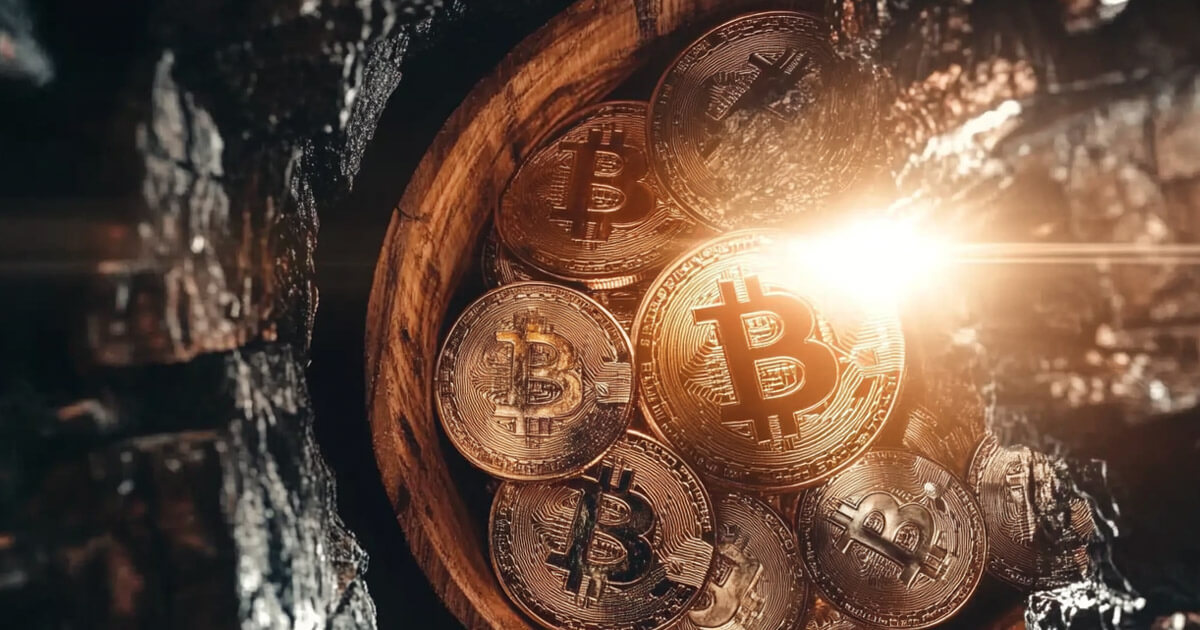
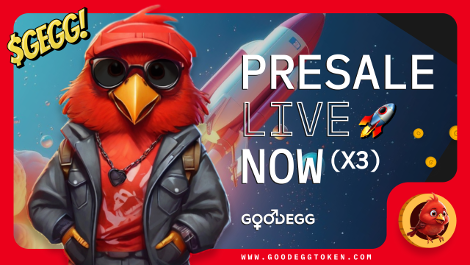
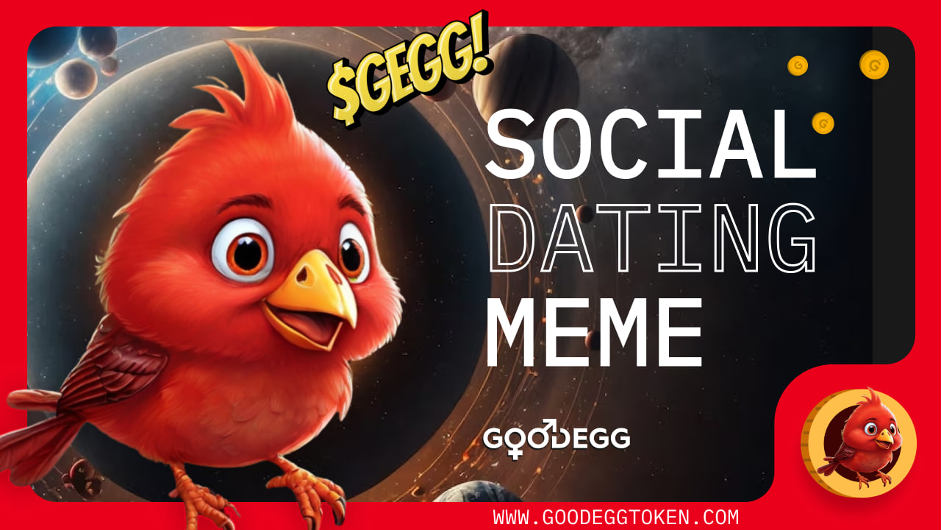
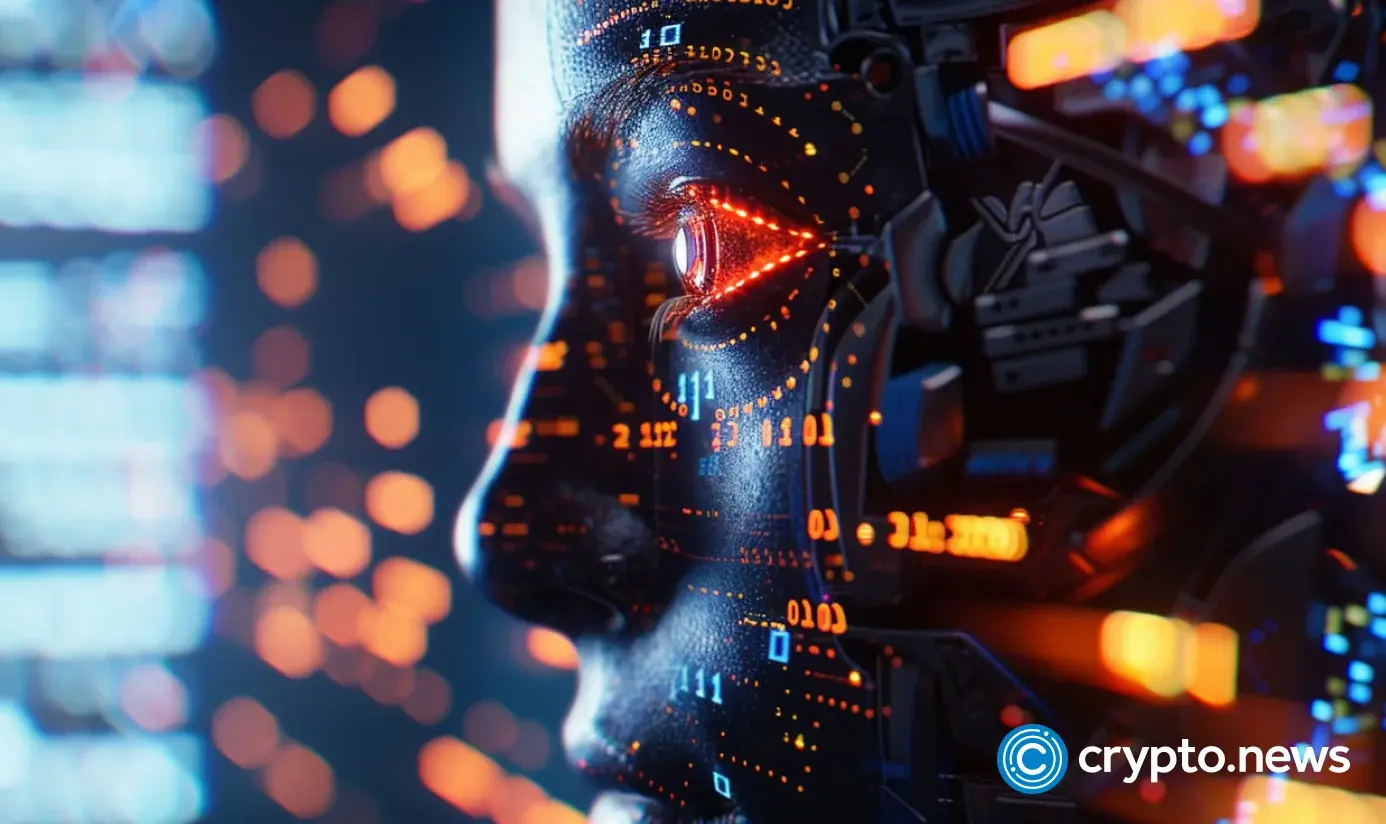

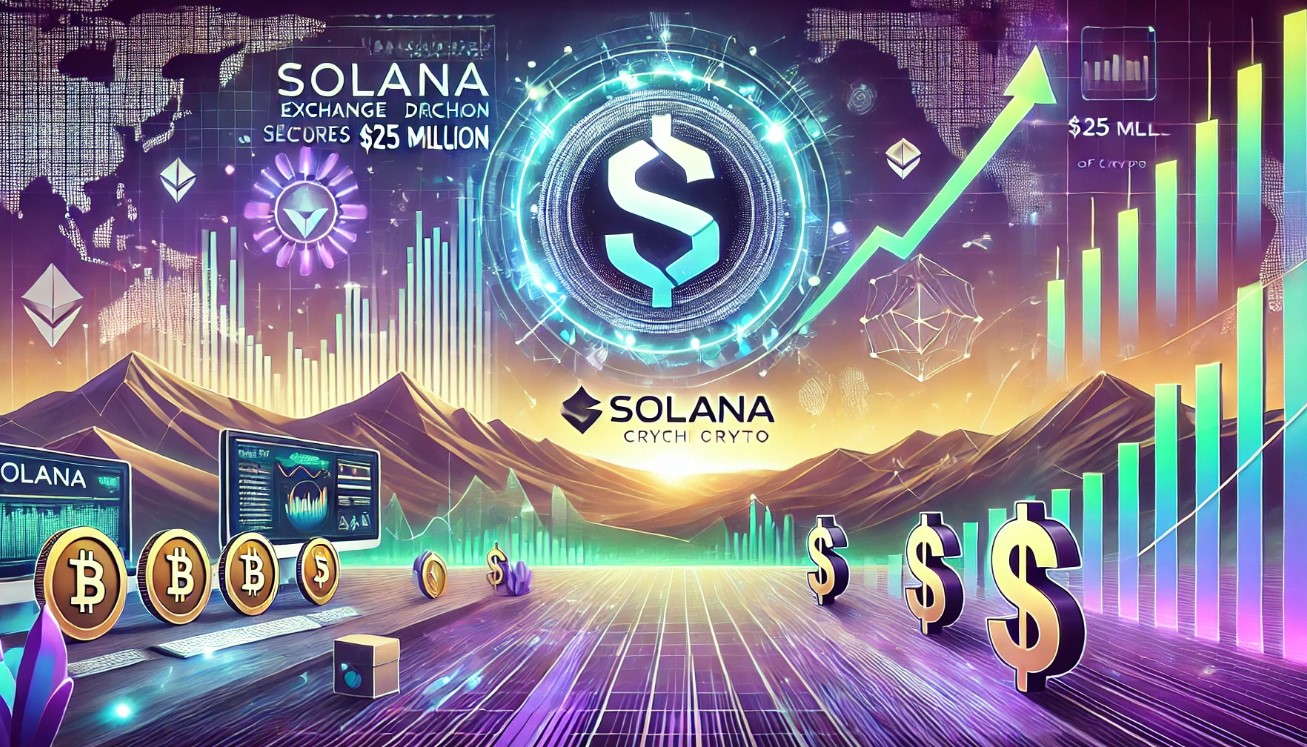

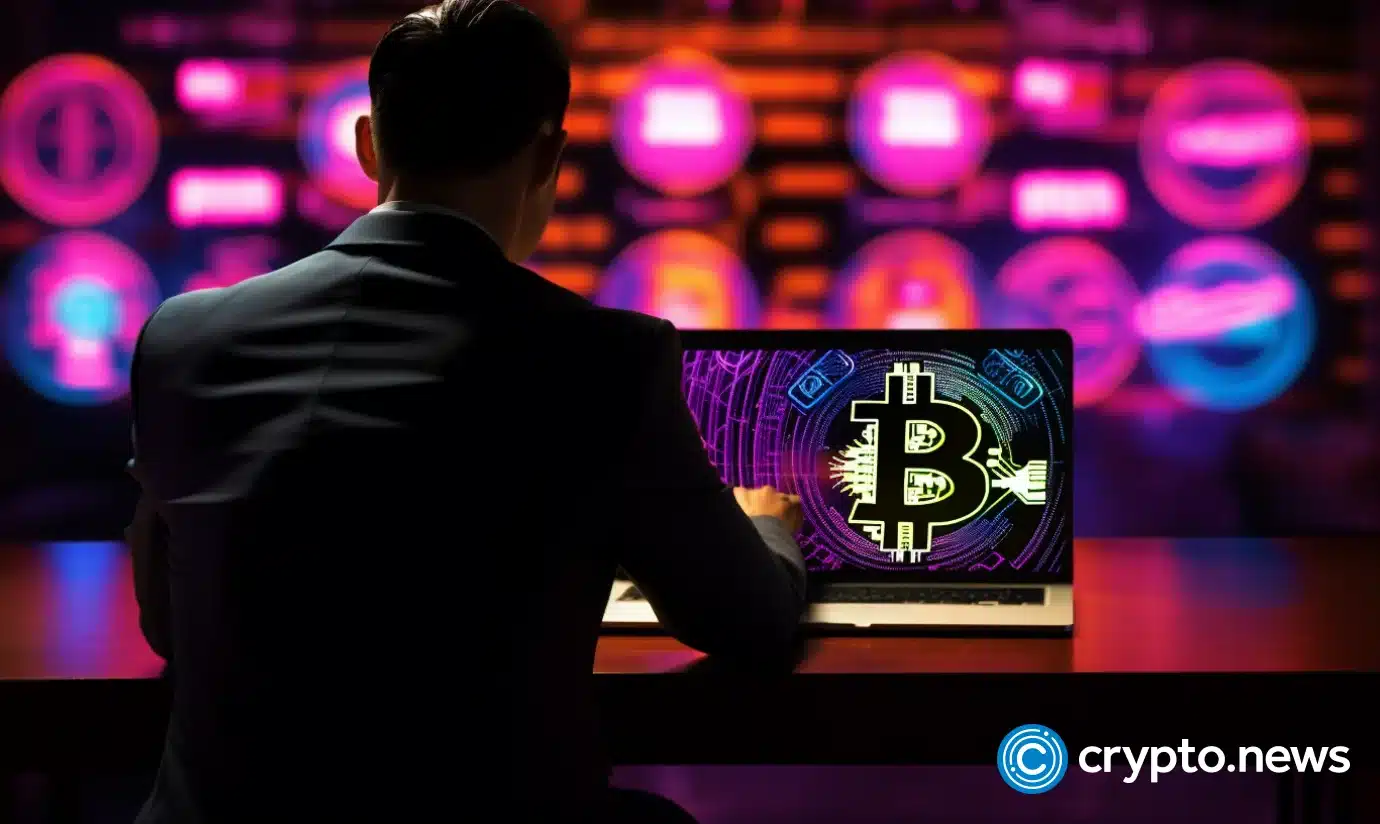
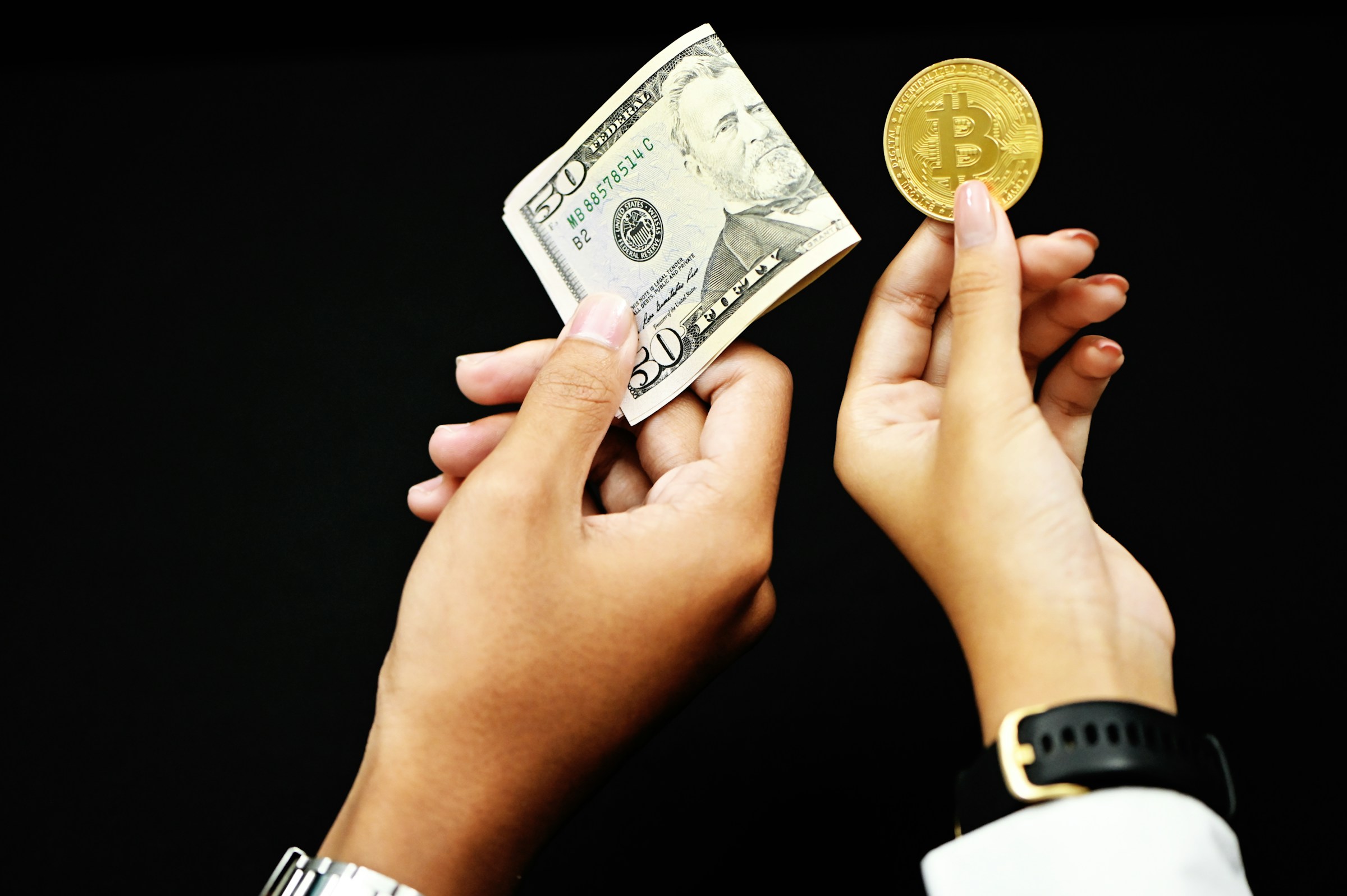
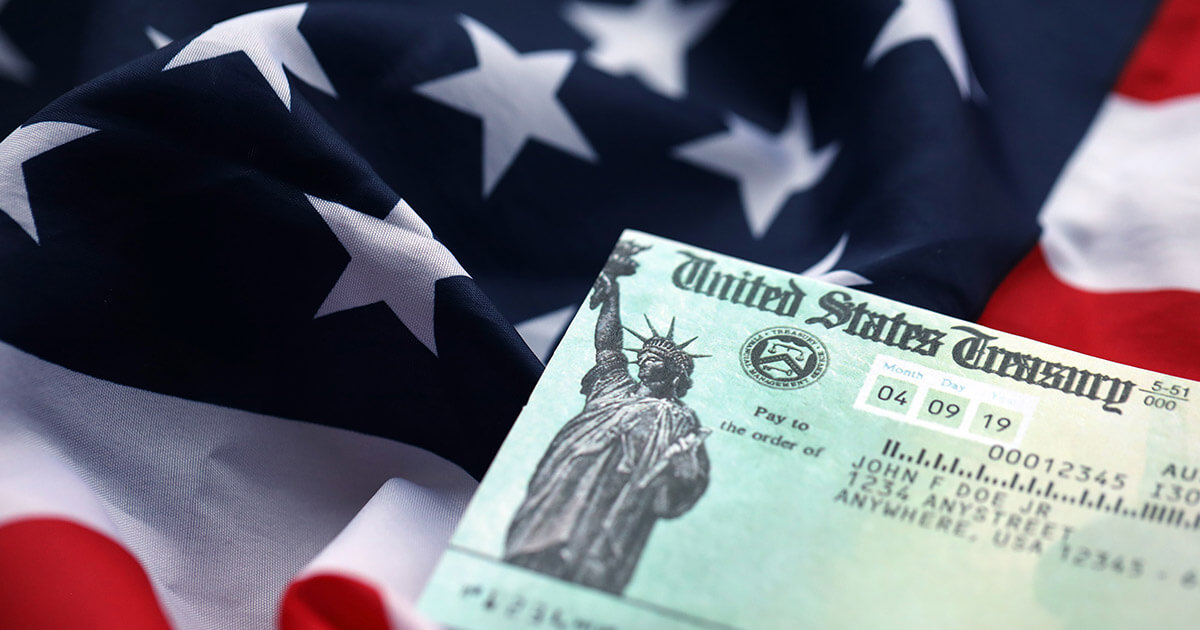

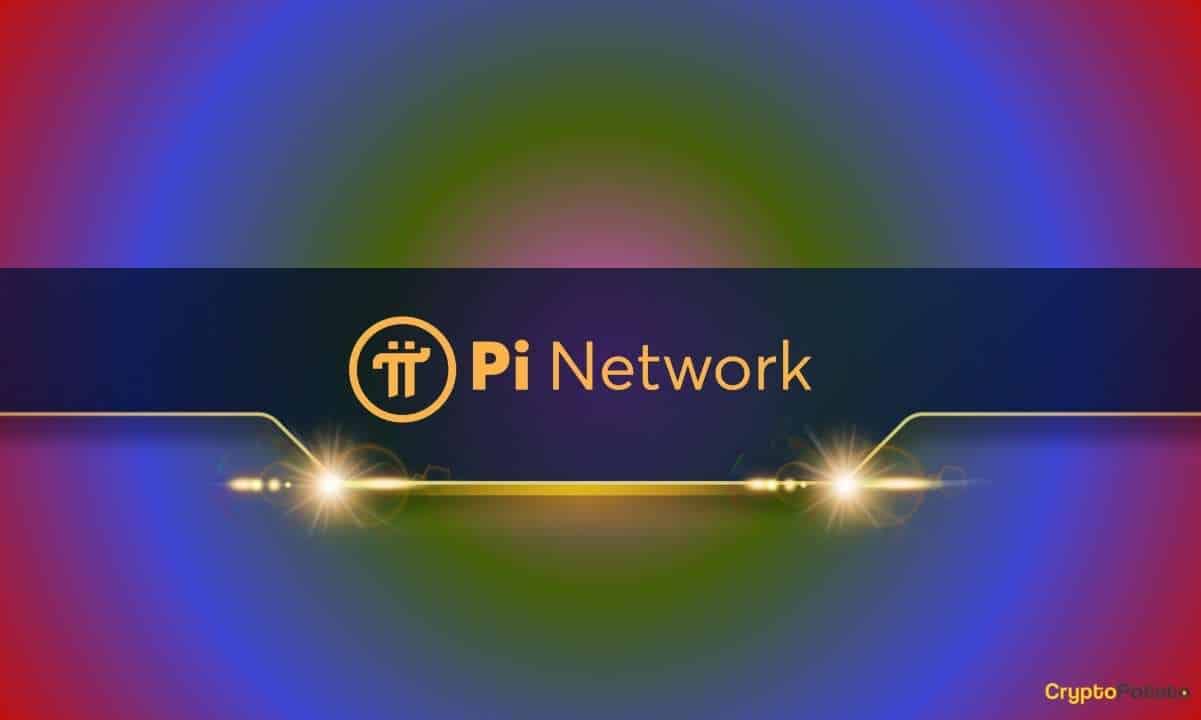

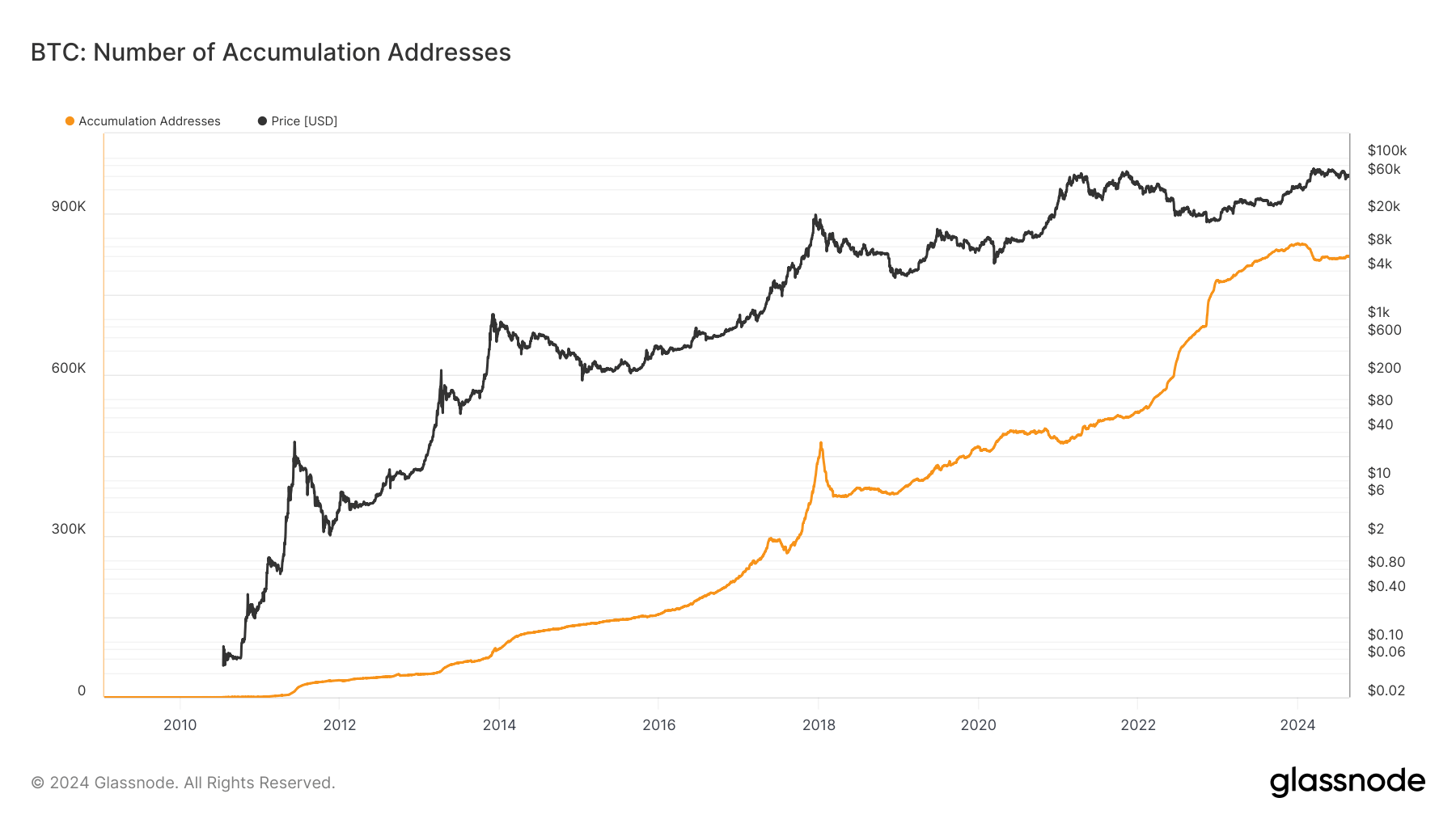
 English (US) ·
English (US) ·